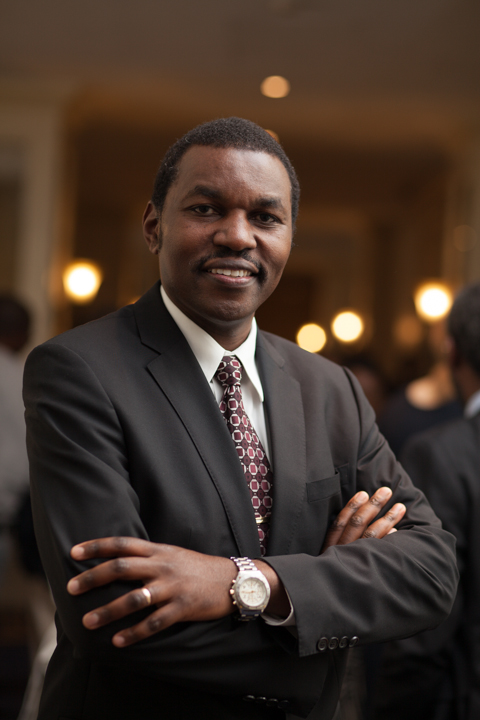AESA PROGRAMMES
- Building R&D Infrastructure
- Developing Excellence in Leadership, Training and Science in Africa (DELTAS Africa)
- Human Heredity and Health in Africa (H3Africa)
- Africa’s Scientific Priorities (ASP)
- Innovation & Entrepreneurship
- Grand Challenges Africa
- Grand Challenges Innovation Network
- Rising Research Leaders/Post-Docs
- AESA RISE Postdoctoral Fellowship Programme
- African Postdoctoral Training Initiative (APTI)
- Climate Impact Research Capacity and Leadership Enhancement (CIRCLE)
- Climate Research for Development (CR4D)
- Future Leaders – African Independent Research (FLAIR)
- Critical Gaps In Science
- Clinical Trials Community (CTC)
- Community & Public Engagement
- Mobility Schemes: Africa-India Mobility Fund
- Mobility Schemes: Science and Language Mobility Scheme Africa
- Research Management Programme in Africa (ReMPro Africa)
- Science Communication/Africa Science Desk (ASD)
- Financial Governance: Global Grant Community (GGC)
- AAS Open Research
- CARI Programmes
- Evidence Leaders Africa (ELA)

News
SANTHE's Prof Thumbi Ndung'u wins $2.8 million Gilead grant

162
SANTHE's Prof Thumbi Ndung'u wins $2.8 million Gilead grant
Thumbi Ndung'u, SANTHE Programme Director, has been awarded a $2,842,000 USD grant by Gilead Sciences for a project entitled “The FRESH study: Females Rising through Education, Support and Health (FRESH) Acute HIV Infection Cohort”.
This is a cut of the $22 million in 12 grants awarded by Gilead in January 2017, in support of HIV cure research. The affiliated projects will be conducted by leading academic institutions, non-profit organisations and community groups worldwide.
They will focus on three key areas of research namely translational research, efficacy studies in animal models, and community perspectives of HIV cure.
Ndung’u said he was very excited about the grant because the project it supports also falls in line with SANTHE’s objectives, “The study will generate knowledge that will inform vaccine development and HIV cure strategies and as such, will help to advance African science and fight HIV/AIDS.”
“We will continue a programme that has been in existence for 3 years, identifying women with acute HIV infection, as early as possible following infection and following development of detectable viral load. Study participants are then started on antiretroviral therapy immediately. We want to measure the viral reservoir to see where the virus hides and understand why it is so difficult to cure HIV infection and examine whether early treatment can reduce the reservoir to an extent where it becomes easier to eradicate the virus completely.”
Ndung’u said that he and his colleagues would also study the transmitted founder virus. “We know from previous studies that there’s a bottleneck in transmission such that only a single virus species is transmitted and we want to understand the nature of this early transmitted virus. We will also study immune responses against HIV to understand whether early treatment can improve the quality of immune responses to an extent where the immune responses can then eliminate the virus or control it for a long time without the need of antiretroviral drugs. The long-term goal is to see if early treatment can augment immune responses, which would be important for the development of an effective vaccine or achieve long-term viral suppression without drugs.”
He described his programme as unique in that it combined social empowerment and basic science. “We recruit high risk females, providing them with social services in the form of an empowerment curriculum, thereby reducing their vulnerability to acquiring HIV. Through education and the acquisition of relevant skills, we hope to mitigate some of the circumstances that put them at risk. At the same time, they are screened and if infected, we initiate an intervention - to treat and help them, but also to answer pressing scientific questions that will lead to a vaccine or cure.”
This article was first published on santheafrica.org